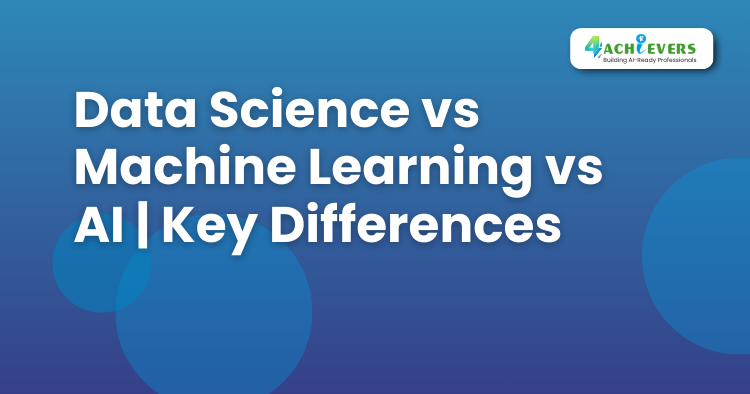How to become a software engineer
How to Become a Software Engineer in 2026
From mastering Data Structures & Algorithms (DSA) to designing scalable systems. The definitive guide to building a future-proof career in tech.
In 2026, writing code is the easy part. AI tools like GitHub Copilot can write functions in seconds. The real value of a Software Engineer today lies in problem-solving, system design, and architecture.
Software Engineering is the art of translating business problems into scalable, maintainable technical solutions. Whether you want to work at a FAANG giant (Google, Amazon) or a high-growth startup, this roadmap will guide you from "Hello World" to "System Architect."
Coder vs. Software Engineer
Anyone can learn to code in a bootcamp. An Engineer understands why the code works and how it scales.
[Image of Software Development Lifecycle SDLC diagram]The Coder
Focuses on syntax and making the feature work. Often struggles when the user base grows from 100 to 1 million.
The Engineer
Focuses on Scalability, Reliability, and Maintainability. Asks "What happens if the server crashes?" before writing a line of code.
Software Engineer Salary in India (2026)
Despite AI advancements, the demand for engineers who can design complex systems has never been higher.
Step-by-Step Roadmap (2026 Edition)
1. Computer Science Fundamentals
You cannot skip this. Learn how computers work (Memory, OS, Networking). Master Data Structures & Algorithms (DSA)—it is the gateway to every major tech interview.
2. Choose Your Primary Language
Don't try to learn everything. Pick one strong language and master it deeply.
3. System Design (HLD & LLD)
This differentiates Seniors from Juniors. Learn how to design systems like Netflix or Uber. Understand Load Balancing, Caching, and Microservices.
4. Cloud & DevOps
Code lives in the cloud. You must know how to deploy applications using Docker, Kubernetes, and AWS/Azure.
Essential Engineering Toolkit
Engineer Your Future
Software Engineering is a journey of continuous learning. Master the fundamentals, adapt to AI tools, and build scalable systems.






